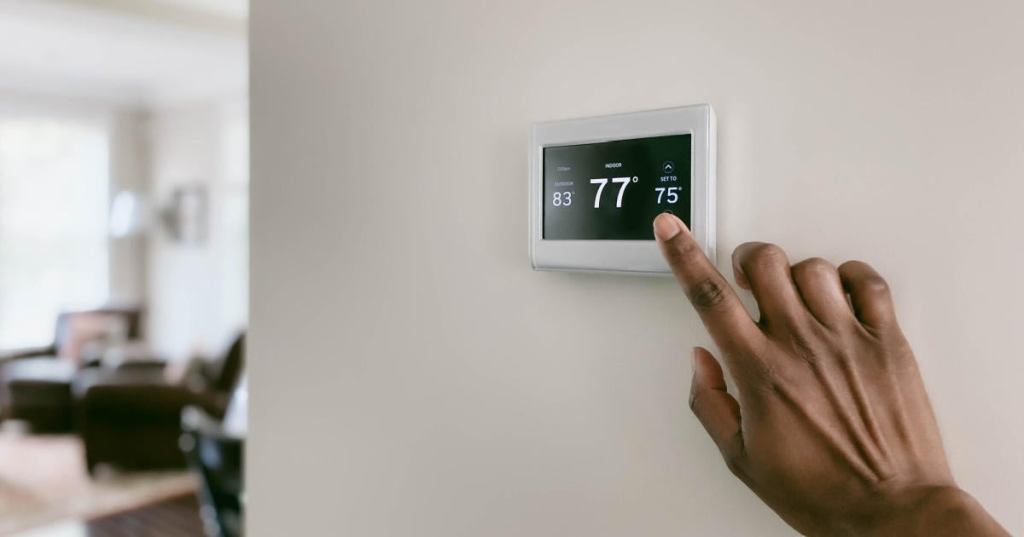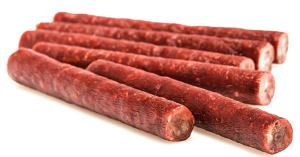The winter of 2021-2022 is expected to be the coldest in years, and with those plummeting temperatures will, unfortunately, come a rise in heating costs. The U.S. Department of Energy announced on Thursday that Americans should expect to pay “significantly” more during “heating season.” Heating season is the period of time beginning October 1 and ending April 30 when colder temperatures require a greater output of energy to keep homes and businesses comfortable. Despite the fact that the cost of fuel plunged in 2020, the ongoing pandemic and supply chain disruption has caused the costs of most fuels to skyrocket in 2021 and will continue into 2022.
“As we head into the winter of 2021–22, retail prices for energy are at or near multiyear highs in the United States,” the Energy Information Administration explained in a briefing released this week. “We expect that households across the United States will spend more on energy this winter compared with the past several winters because of these higher energy prices and because we assume a slightly colder winter than last year in much of the United States.”
Videos by PopCulture.com
No matter your heat source, Americans should expect prices to rise across the board. CBS News broke down the upcoming price differences: half of American households use natural gas, and they can expect a 30% increase In their average costs this fall and winter. According to the EIA, natural gas users 30% will pay an average of $746, rising from last year’s household average of $573. Americans that use heating oil should plan on paying 43% more, propane users will experience an average increase of 54%. Only about 4% of all U.S. households use heating oil and only 5% use propane. 4 in 10 houses In the U.S. use electric heat, and they should only expect an increase of 6%.
The Wall Street Journal encouraged readers to research local financial assistance programs In order to offset the rising costs. They also recommended different weather-proofing methods for your home, like better Insulation, sticking plastic sheeting over windows in order to cut down on drafts, and using “door pillows” to prevent cold air getting in through gaps.





